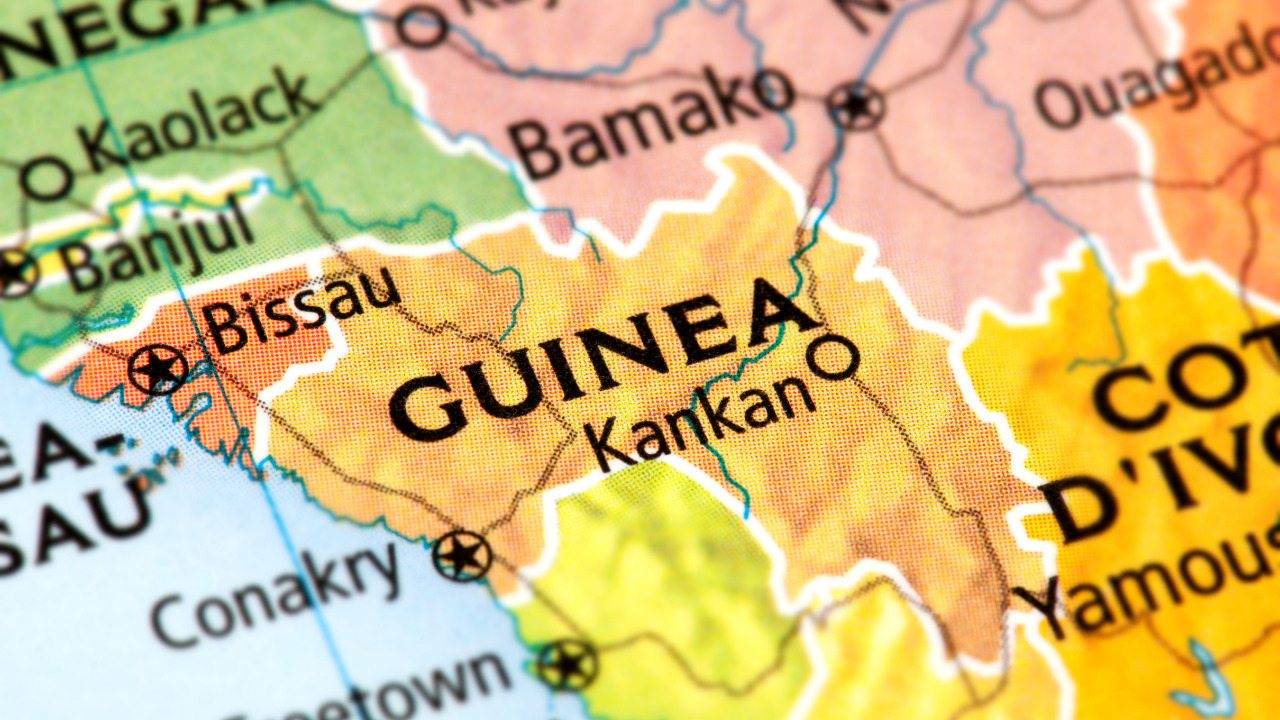Date first published: 14/09/2021
Key sectors: all; mining
Key risks: political instability; policy uncertainty; civil unrest
Risk development
On 5 September President Alpha Conde was detained by members of the country’s special forces led by Colonel MamadyDoumbouya after an exchange of heavy gunfire outside the Presidential Palace in the capital Conakry. Doumbouya’s newly established National Rally and Development Committee (CNRD) dissolved the constitutions and government announced a now-lifted air and land border closure. A 20:00 nationwide nightly curfew was also imposed. The CNRD has promised to install a transitional government of unity. However, details as to when a unity government will be established, what it will look like or what its mandate will entail remains uncertain.
Why it matters
The military takeover has thrown the country into severe political uncertainty with implications for international engagement and national stability. Despite assurances of a commitment to civilian rule and promises to enact on governance failures, the CNRD’s intentions remain unclear and the coup could mark the beginning of a period of prolonged military rule. Guinea’s neighbours and international partners have condemned the takeover and both ECOWAS and the African Union formally suspended Guinea from their memberships. However, economic sanctions have not been introduced.
The coup has not sparked protest but rather pro-coup rallies were reported in Conakry and political opposition leader and former prime minister Cellou Diallo welcomed the coup, announcing that the Union of Democratic Forces of Guinea opposition party was willing to participate in the transition. There is a risk the tense but stable situation could rapidly change if civil society and the opposition sense a looming attempt to establish long-term CNRD rule.
Conde’s removal also sparked a surge in the price of bauxite – used to produce aluminium – amid fears the coup would cause production disruptions. Although Doumbouya sought to ease industry fears by lifting the curfew in mining zones, significant concern over the country’s key export remains. Potential disruptions to the mining sector, that accounts for over 90 per cent of export revenues, over the coming months could significantly deter the country’s post-pandemic recovery.
Background
The coup occurred amid a build-up of popular frustration over Conde’s increasingly autocratic rule combined with unsatisfactory economic and political governance. Opposition to Conde’s rule surged in March 2020 when he successfully passed a controversial constitutional amendment which enabled him to stand for a third presidential term. Opposition to the constitutional amendment precipitated violent protests both during and immediately following the October 2020 presidential elections in which opposition candidate Diallo rejected the results as fraudulent. The government initiated a wave of anti-opposition clampdowns following the election-related unrest. Tensions persisted and it is against this context of Conde’s self-wrought unpopularity that Guinean’s reactions to the coup have so far been cautiously optimistic.
Risk outlook
On 14 September the CNRD was scheduled to commence a four-day-long series of meetings with stakeholders to discuss the country’s future. Yet, the lack of a concrete timeline for a return to civilian rule or the establishment of a transitional unity government highlights the risk that the CNRD may attempt to prolong its grip on authority as has recently occurred in Chad and Mali following similar takeovers. In the absence of a scheduled transition period, there is a risk opposition leaders could incite civil unrest that would likely be met with heavy-handedness by security forces. The looming threat of economic sanctions will remain if the CNRD fails to make progress during negotiations in the coming weeks.

